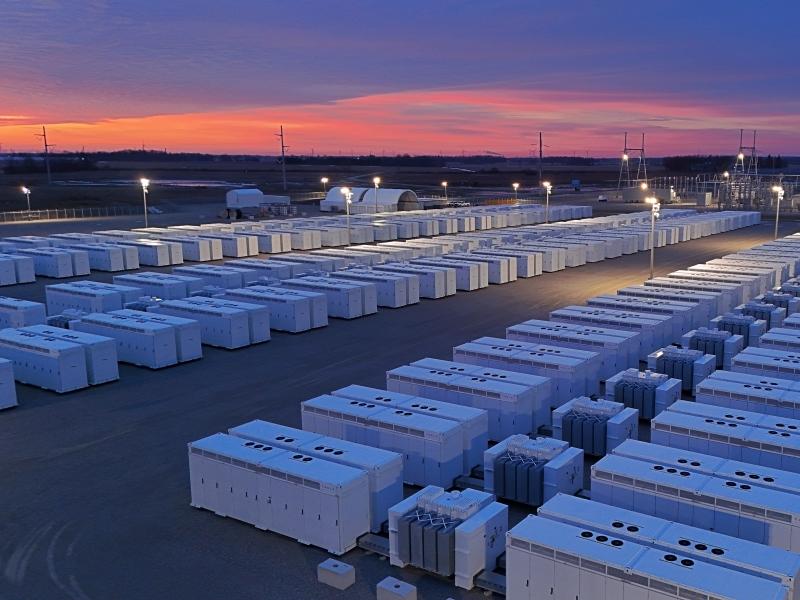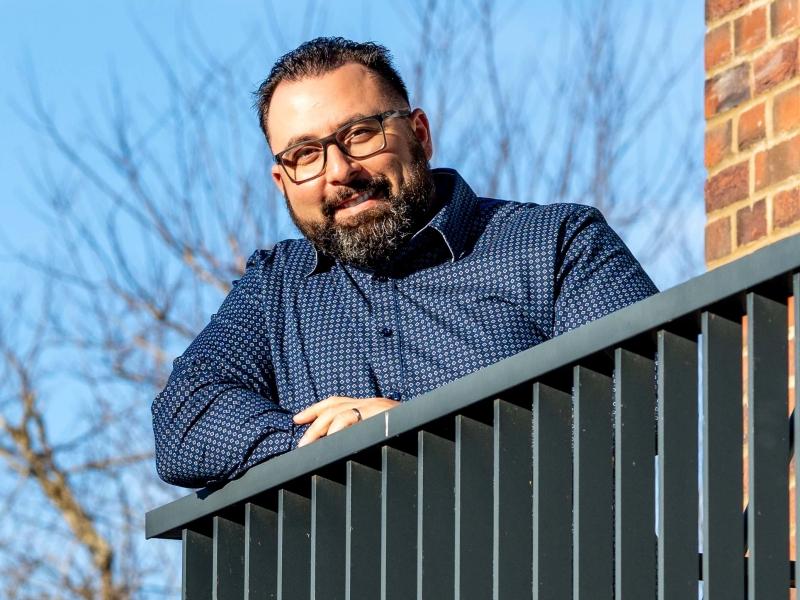
Montreal’s Pyrowave says test batches of recycled styrene used by tire-maker Michelin and plastics manufacturer Knauf Industries have matched the quality of virgin material – a "critical" step toward further scaling-up its microwave recycling process.
In 2022, Pyrowave shipped recycled styrene – processed in its pilot facility near Montreal – which was turned into a four-ton prototype batch of styrene-butadiene rubber (SBR) by Michelin, and was tested as expanded polystyrene (EPS) food packaging by Knauf.
“Ultimately, what we wanted to prove is, whether you use recycled styrene monomer or virgin styrene monomer, you can use it independently, seamlessly into your process,” Pyrowave's CEO Jocelyn Doucet told SustainableBiz, noting it's a "critical milestone" for the firm.
The result of its partnerships with France’s Michelin and Knauf not only cut greenhouse gas emissions by over 80 per cent compared to conventional manufacturing techniques, it can elevate the company’s profile as it seeks more funding and moves to a new demonstration facility.
Pyrowave’s partnerships and trials
The company developed a pyrolysis process which liquifies plastic waste in energy-efficient microwaves, reducing greenhouse gas emissions and energy use compared to producing more plastic from fossil fuels.
The pyrolysis method converts polystyrene (best known in the form of Styrofoam) into styrene, its precursor.
Pyrowave forged partnerships with Michelin and Knauf to test its finished product and detect any issues that may arise. The ultimate goal was to see if SBR produced by Michelin and EPS made by Knauf using Pyrowave's recycled styrene would be identical to virgin plastics.
Michelin uses styrene to produce synthetic rubber in a complex process that is sensitive to contamination, Doucet said.
“Being able to make SBR with recycled styrene that we made and not see any difference with respect to the process performance or contamination was a key element to us.”
The challenge with Knauf was to produce EPS that passes migration tests – examinations required by food and drug regulators to see whether toxic substances on the plastic leach onto food or beverages upon contact.
The successes of its trials
The tests found there was no difference in process performance, purity or migration tests in styrene made from recycled material versus virgin material.
Compared to producing more virgin plastics, Pyrowave’s recycled SBR and EPS cuts greenhouse gas emissions by 82 per cent and also reduces demand for water and land use, a company life-cycle analysis found.
“The critical milestone for us was to prove that . . . at the end the day, is the tire identical to virgin-based tire, and is the EPS container identical to a virgin-based EPS container? And the answer is yes. It’s a strong market validation. And to be able to convince people and organizations to put more money, this is the No. 1 step,” Doucet said.
Collaboration with Michelin will continue, especially for scaling-up production of recycled styrene. Knauf is still exploring different technologies, but Doucet said it was satisfied with Pyrowave’s material, which is also traceable.
The CEO said Pyrowave is only in the beginning of its relationships with Michelin and Knauf, and he would like to see both companies put more money and increase their “skin in the game.”
Seeking more funding, partnerships
Doucet said Pyrowave has more collaboration to announce, which will scale-up its production of styrene. The positive results of the trials are triggering more discussion on scaling and partnerships, and the company is exploring collaboration with a project that has a Canadian component, he added.
Pyrowave will move to a new demonstration plant in Quebec next year to showcase its technology “at a more meaningful scale and we will have hopefully secured by then a key supply and off-take agreement.” The finer details of the demonstration plant have yet to be finalized.
On the technology side, Pyrowave is making good progress on its decontamination platform to remove toxins from plastic waste, which broadens the supply of feedstock at a lower price.
The company will soon have an update on its other current project — cement which is manufactured using microwaves.
Pyrowave is looking to raise more funds, Doucet said, and there is traction in the market for technology that addresses plastic waste.










